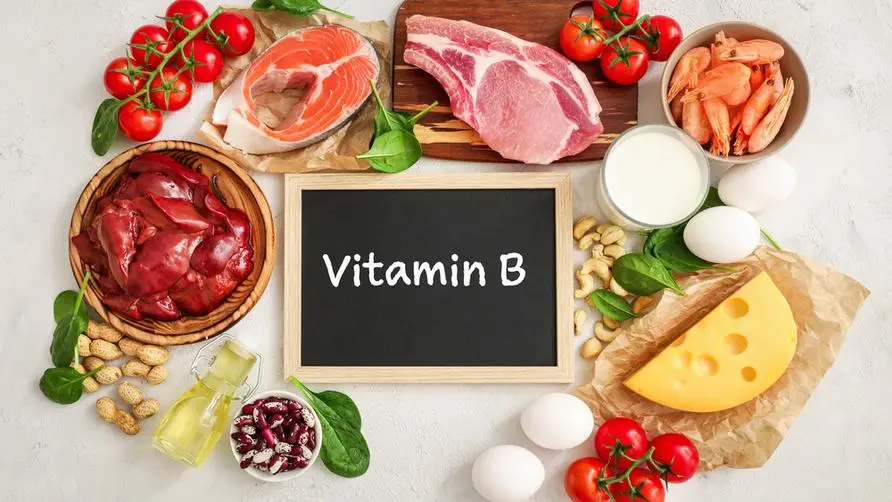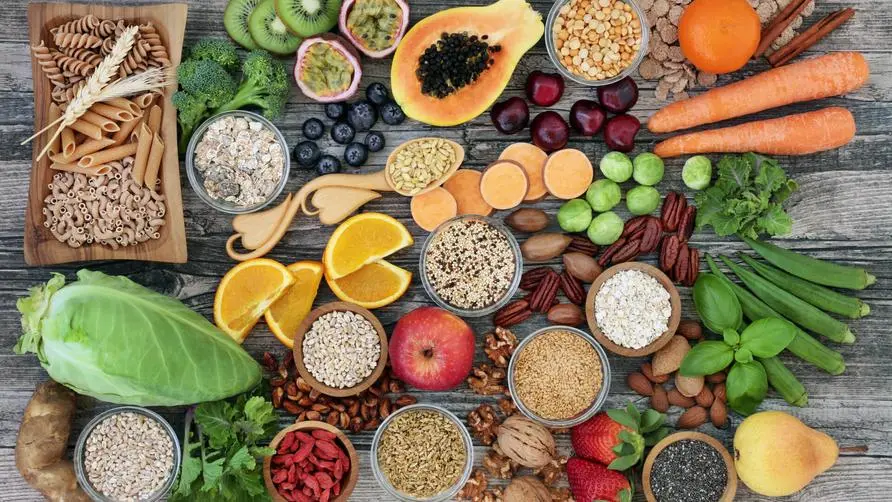Frequently constipated, bloated, and burped? Experts call for: Develop "9 habits" to prevent indigestion

With modern people’s Westernized diet and unhealthy lifestyle habits such as sitting for long periods of time, “indigestion” has become one of the common diseases of civilization. Indigestion is often accompanied by annoying conditions such as bloating, flatulence, burping, constipation, and diarrhea. If gastrointestinal symptoms persist, you should carefully consider improving your living habits. According to Yasmine S. Ali, a fellow of the American College of Cardiology, the following 9 lifestyle changes can help promote a healthy gastrointestinal system, relieve symptoms related to indigestion, and improve an individual’s overall health:
1. Eat more high-fiber foods.
Ali said that eating more fiber can help make stools softer and reduce constipation. According to the recommendations of the United States Department of Agriculture (USDA), men and women should consume 38 and 25 grams of dietary fiber per day respectively. High-fiber foods include beans, nuts, whole grains, and vegetables such as spinach, kale, and purple cauliflower.
2. Get more exercise.
Daily exercise can help improve bowel function and reduce gas. Ali pointed out that just taking a moderate walk after a meal can significantly reduce the pressure on the intestines, thus having a positive impact on the digestive system. However, Ali also warned that strenuous exercise after a meal can be harmful to the gastrointestinal tract. It is recommended to rest for 30 minutes to 1 hour, which is a relatively safe choice.
3. Reduce stress.
Excessive anxiety and psychological stress will affect the “brain-gut axis” in the human body, and may even cause “irritable bowel syndrome”. Ali said that modern people tend to ignore potential stress and suggested developing habits such as meditation and mindfulness training to maintain inner peace. In addition, exercise, socializing, or outdoor activities can also help reduce stress.
4. Eat less food that upsets your stomach.
Ali said that if you have long-term indigestion, you should reduce foods that upset your stomach, such as sparkling drinks, carbonated drinks, highly fried foods, high sugar foods, and very spicy foods. In addition, if you are lactose intolerant, you should also reduce your intake of dairy products or replace them with low-lactose products.
5. Chew slowly.
A study published in Obesity Review shows that chewing and swallowing food more slowly can actually help with weight loss. Ali believes that if food is not chewed properly or even overeating, the stomach will fill with more air, leading to bloating. Therefore, you might as well develop the habit of chewing a mouthful of food more than 30 times, which not only helps digestion, but also makes you feel the deliciousness of the food.
6. Drink plenty of water.
Consuming enough fluids every day can reduce the chance of constipation. Ali said that drinking more water is especially important if the proportion of dietary fiber in the current diet has increased, or if you are implementing an exercise training plan. It is recommended that adults drink about 6-8 cups of 300c.c. of water a day, and try to drink no less than 2000c.c. a day.
7. Replace refined starches with whole grain foods.
Eat less white rice, pasta, and bread, and replace them with whole-grain foods, such as brown rice, multigrain bread, or whole-wheat noodles. The fiber content in these foods will help the digestive system produce the fatty acids needed by the intestines to maintain normal gastrointestinal function.
8. Eat green leafy vegetables.
Green leafy vegetables such as spinach, kale or beets are good sources of fiber. These vegetables also contain vitamins and minerals that promote digestion, such as vitamins C, K, A and folic acid. According to research from Johns Hopkins University in the United States, green leafy vegetables can help the growth of good bacteria in the intestines and improve the intestinal microbial environment.
9. Eat lean protein.
Ali pointed out that lean meat from deep-sea fish or poultry, such as salmon, mackerel, turkey and other foods, can promote gastrointestinal digestion better than fatty red meat (such as beef or pork). High-fat red meat can cause severe gastrointestinal contractions and create bad bacteria in the intestines, leading to the risk of indigestion. Therefore, white meat, lean meat or fish should be added appropriately to the daily diet to avoid gastrointestinal burden.
Source:
5 Foods to Improve Your Digestion
Further reading:
What to do about gastroesophageal reflux? Can nutritional intake be improved? Avoid 6 Mine Foods





